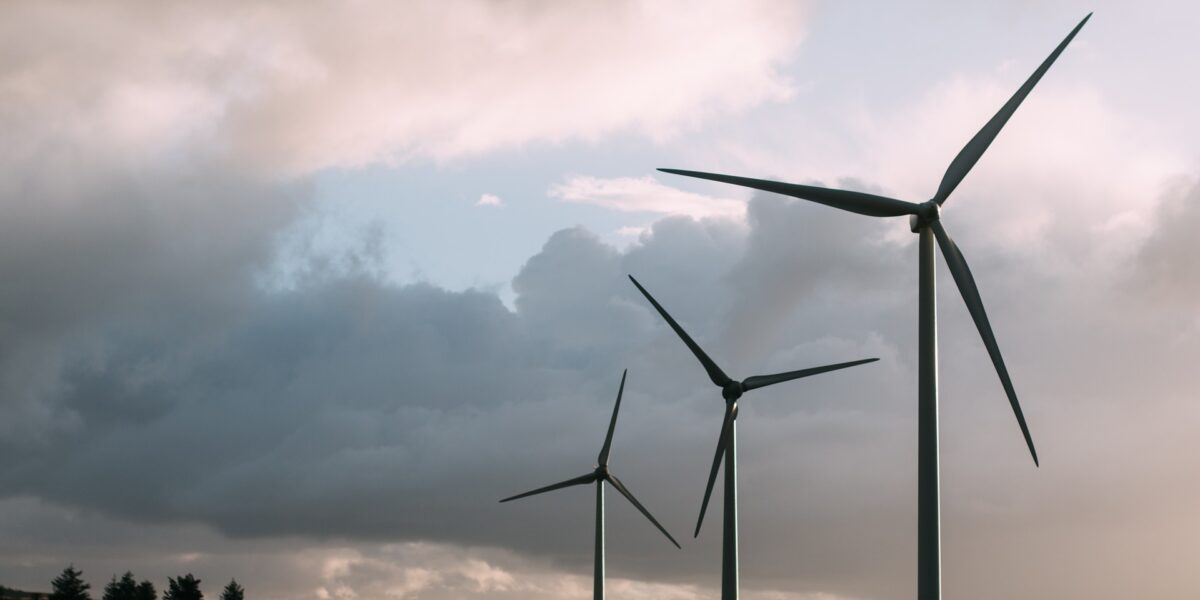Embracing a Sustainable Energy Future
The transition to sustainable energy is all about creating energy systems that are green, reliable, and efficient. Local Energy Systems (LESs) are at the forefront of this transformation.
What Are Local Energy Systems?
LESs harness decentralized renewable resources. They offer:
- Reliability: Consistent energy supply even in remote areas.
- Flexibility: Adapting to changing energy needs.
- Resilience: Standing strong amidst challenges.
- Security: Ensuring energy isn’t easily disrupted.
New Business Horizons
The rise of LESs paves the way for innovative business models, like peer-to-peer energy services. Yet, it’s not without challenges. Incorporating LES into existing buildings, managing, and setting regulations can be complex. Plus, with many stakeholders involved, coordination can be intricate.
Our Project’s Focus
We aim to understand the dynamics between these stakeholders. Here’s how:
- Research: Delve into literature to uncover how stakeholders collaborate and compete.
- Game Theory: Use this to fine-tune pricing and incentives based on stakeholder behaviors.
- Technical Insights: Examine the unique characteristics of stakeholders, from their energy needs to their societal roles. This will guide the design and operation of LES.
- Modeling: Develop methods to capture both the social and energy aspects of stakeholders.
- Use machine learning for accurate energy predictions.
- Create models for LES component simulations.
- Simulation Space: Create a digital environment to visualize stakeholder interactions using multi-agent systems.
- Optimization Platform: We’ll launch a cloud-based platform for simulation and optimization, tested in real-world scenarios in the Netherlands and China.
Key Takeaways
- Local Energy Systems offer a greener, more resilient energy future.
- Collaboration is crucial, with multiple stakeholders in play.
- Our project combines research, game theory, and technical modeling to optimize LES.
Timeline
The project started in 2022 and will span 4 years. Join us on this exciting journey towards a sustainable energy future!
Empowering Communities through LES
As we venture deeper into the realm of Local Energy Systems, it’s essential to address the underlying factors that influence community engagement and adoption. Our exploration into the “User Transformation Model” serves as a foundational step in this journey. This model not only delineates the stages of user engagement but also sheds light on how communities transition from being mere consumers to active participants and leaders in LES initiatives. By understanding these dynamics, we can tailor strategies to resonate with diverse segments of the population, nudging them towards a preference for LES systems. It’s this intricate blend of research, behavior analysis, and community outreach that will pave the way for a more inclusive and sustainable energy future.
The User Transformation in Energy Systems
The Societal-Appropriation-of-Energy concept underscores the evolving roles of community members in energy systems. As depicted in the User Transformation Model, there’s a journey from merely being aware of LESs to actively steering their direction.
The Four Levels of Engagement:
- Awareness: Learning about local energy initiatives.
- Understanding: Grasping the dynamics of participating in an LES.
- Participation: Becoming a prosumer – both producing and consuming energy.
- Steering: Taking on leadership roles and responsibilities in the LES.
![Societal-Appropriation-of-Energy – Also known as The User Transformation Model.]
Barriers and Solutions
Like any transformative journey, there are challenges to overcome:
- Informational Barriers: Complex information or a lack of awareness.
- Technical Barriers: Limited access to necessary technologies.
- Structural Barriers: Ownership disputes or obstructive policies.
- Economic Barriers: Funding issues or market design challenges.
- Acceptance Barriers: Resistance to new technologies.
Solutions range from policy changes, financial assistance, education, to infrastructural adjustments. Each household may need a different mix of these solutions to feel empowered.
Empowering Steering in LESs
Steering is the pinnacle of engagement in the User Transformation Model. But how do we elevate participants to steerers?
Key Insights from our Study:
- Team Dynamics: Successful LES initiatives often have diverse teams with strong leadership and active community engagement.
- Skill Development: Equip potential steerers with technological, management, and relationship-building skills.
- Predicting Willingness to Steer: Factors like community trust, a desire for energy independence, and community resistance play pivotal roles. Interestingly, men with higher education levels showed a natural inclination to steer, implying diverse demographics might need varied empowerment strategies.
In Conclusion
Empowering communities to steer their own energy systems is multifaceted. It requires a blend of education, trust-building, and infrastructure development. With the right strategies, we can ensure that everyone – regardless of their background – has a voice in shaping the future of local energy.
Acknowledgment: Our heartfelt thanks to Dr. Binod Prasad Koirala for allowing us to utilize the survey data from his study. His contributions have been invaluable to our research.
Publication: The work outlined on this page has been submitted for consideration to the World Sustainable Energy Days 2024 conference, specifically focusing on Energy Efficiency. Currently, our submission is under meticulous review. We are eagerly awaiting feedback, and once our work is accepted, we will promptly update and share the full details on this page. We remain committed to driving sustainable energy transitions and appreciate the platform provided by such esteemed conferences to disseminate our findings.


